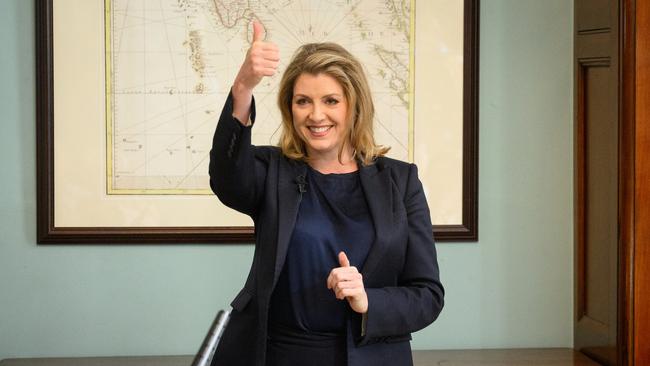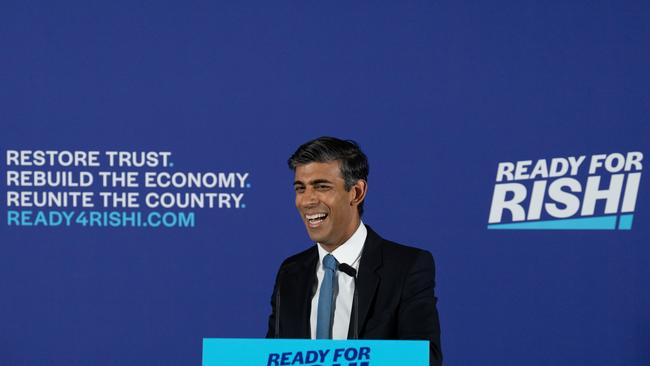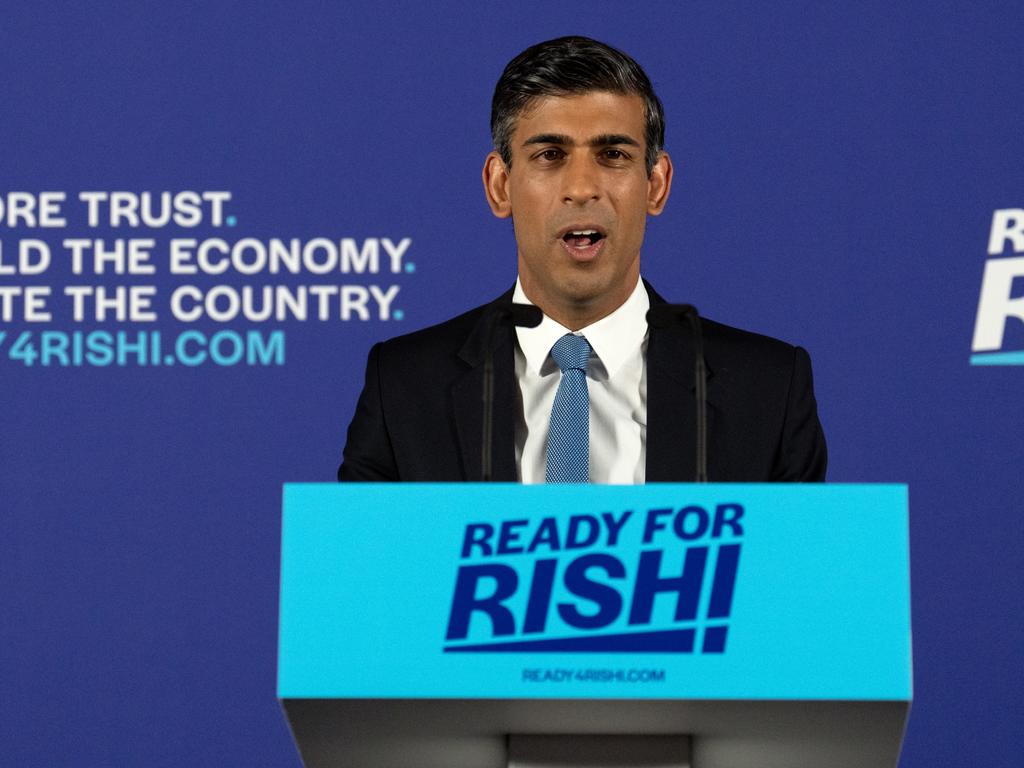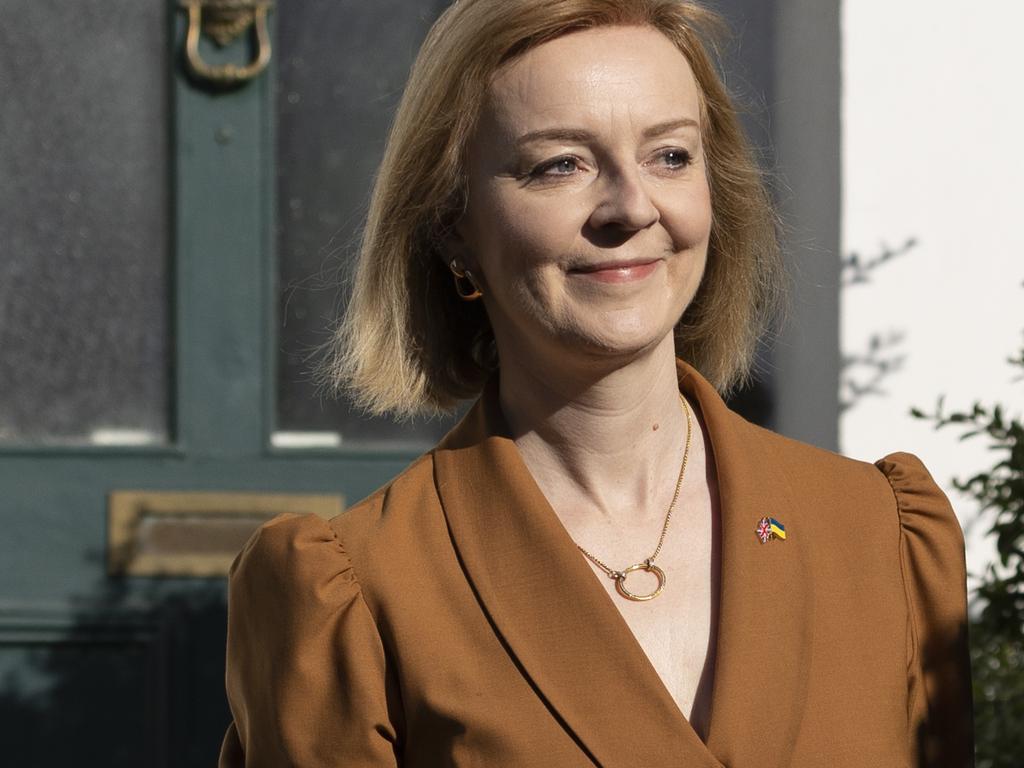Rishi Sunak and Penny Mordaunt emerge as top Tory contenders
The Conservative party leadership, without quotas or full-scale identity politics dogmas, is vastly more diverse than the opposition Labour Party.

Until recently Sunak was chancellor and Mordaunt a junior trade minister.
Sunak is the heavyweight, Mordaunt is the more popular with Conservative party grassroots members, who will make the choice of the final two (unless she graciously defers to Sunak and makes a grassroots vote unnecessary).
Foreign Secretary Liz Truss is hoping to consolidate Thatcherite free market and strong Brexiteer support.
First thing to notice, the frontrunner for leadership is a Hindu of Indian background, and his chief rival is a woman.
After the first round of the Tory leadership vote eliminated two contenders and reduced the field to six, there was just one white male in the mix, which included four women, three non-white candidates and one Catholic.
Yet every BBC drama about Conservative party politics will show a fantasy party of exclusively upper class white men ruthlessly oppressing minorities.
This leadership contest is in some ways Britain at its best. I hate identity politics and this is the British system simply choosing the best options regardless of race, gender or religion, and thereby embracing diversity at its best.
The Conservative party leadership, without quotas or full-scale identity politics dogmas, is vastly more diverse than the opposition Labour Party.
Sunak and Mordaunt are notable in part because they generally avoid culture wars’ issues, which is not necessarily a good thing.

Sunak is the best of them in terms of having something resembling a rigorous approach to public finances. He is the only candidate telling the basic truth — with eye watering deficits and massive social spending commitments already made, and with a consensus that health spending won’t be cut and defence spending will be increased — it is just a “fantasy’ that the government can give big tax cuts and big, extra spending increases simultaneously.
Such fiscal truth telling was never part of Boris Johnson’s approach. The long run of very low interest rates, now at an end, plus the demands of Covid, led most Western governments into wildly unsustainable spending commitments. Some even embraced the madness of so-called Modern Monetary Theory which is just another crazy excuse for massive deficit spending.
To get back to a Sunak-style dialogue of reality would be real progress in British politics.
Part of Mordaunt’s appeal is that she is a winning character, a naval reserve officer herself and from a military family. She represents a return to character in leadership.
Sunak, on the other hand, was, like Johnson, fined for personal Covid breaches when his government had imposed strict rules on the population generally. And his wealthy wife for a long time was not technically “domiciled” in the UK for tax purposes, a situation she reversed after it became controversial.
A couple of the other candidates — Suella Braverman and Kemi Badenoch — are strong on culture wars issues but a bit thin on senior ministerial experience.
Jeremy Hunt, who came second last time, fell at the first hurdle. It shows the chance in politics and the danger of leaving the limelight. He wanted to be foreign secretary in Johnson’s government and turned down the defence portfolio.
Lacking Johnson’s personal charisma, he really had no way to maintain his profile or relevance while out of office.
As it turned out, the war in Ukraine has made Defence Secretary Ben Wallace, a superstar.
Obvious lesson: unless you’re an independent celebrity or beloved national figure, better to keep hold of a big job while you can.








So it looks like it will be a Rishi Sunak versus Penny Mordaunt contest for the Conservative Party leadership and prime minister’s office in the UK.